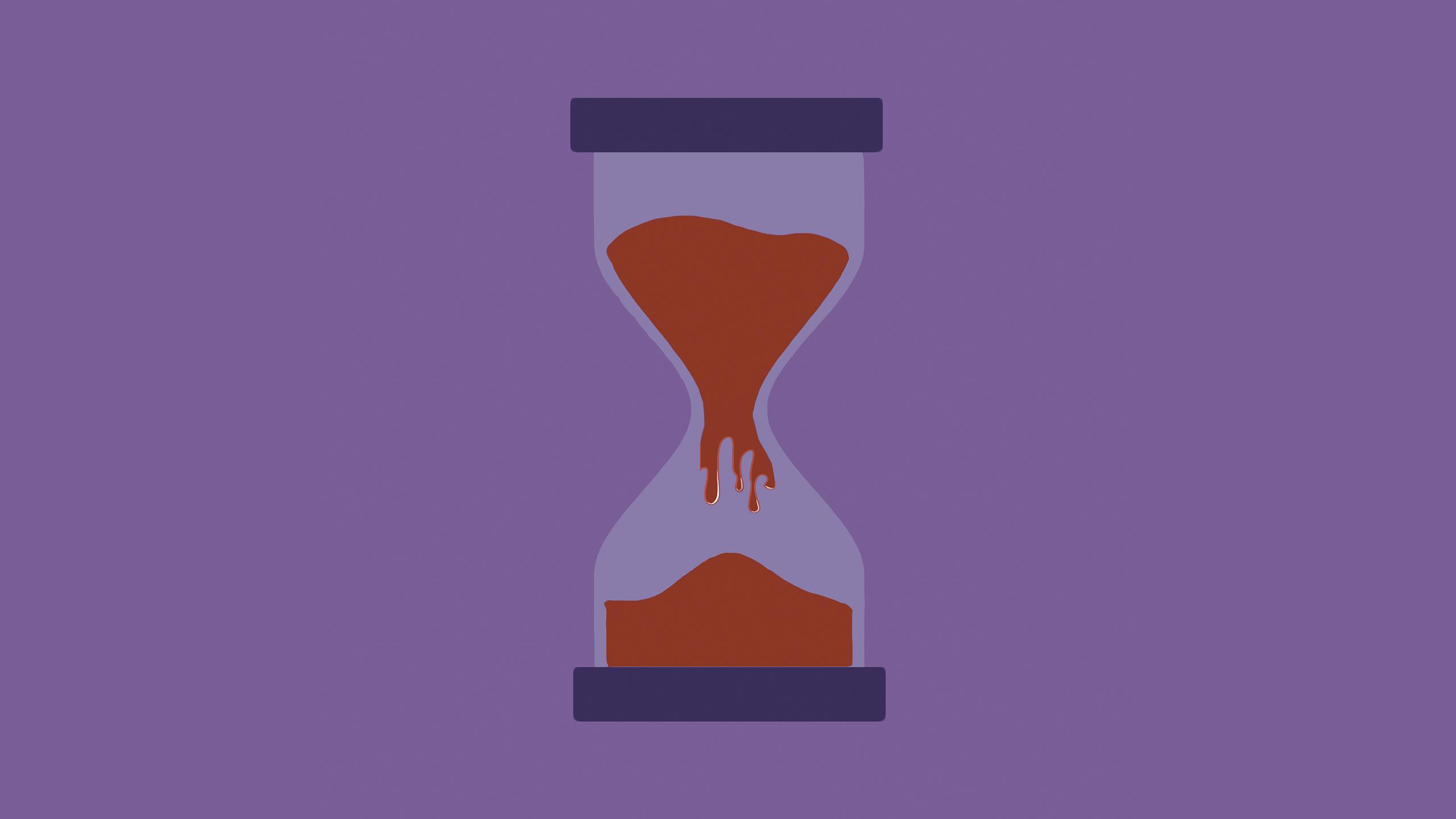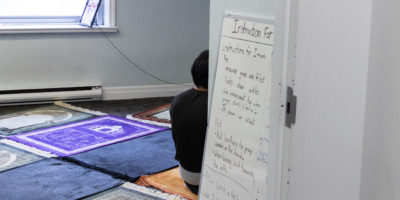By Rhea Singh
This is a feature piece from our Fun Issue, The Darkest Timeline. Life has become such a clusterfuck that it’s hard to tell the difference between reality and satire. This is a factual, reported piece that we put up alongside similar satire articles. Have fun reading!
Things looked promising when fourth-year social work student Chris Merhar first tried accessing Ryerson’s counselling service. He had four sessions in the span of three months. Until, that is, a waitlist put him on a three-month wait period. Merhar was then told he’d benefit from more sessions, but wound up waiting another seven months to get regular sessions going.
Whether it’s admission to a school or getting into a class, being waitlisted is known for being a stressful waiting game. When it comes to mental health services, however, the consequences of the waiting game can be even more severe.
Ryerson’s Centre for Student Development and Counselling (CSDC) offers services to both full-time and part-time undergraduate and graduate students. These include one-on-one counselling, group counselling, same-day crisis appointments, online modules for preemptive and post-counselling care as well as referral services. There are also extensions such as ThriveRU, therapy dogs and the Office of Sexual Violence Support and Education.
According to the CSDC, in the 2018-19 academic year, the centre supported 2,253 students with on-site mental health counselling services. Students typically encounter wait times after their initial counselling session, according to Maura O’Keefe, clinical coordinator at the CSDC.
Merhar called the CSDC four to five months after he had last visited the centre, but was told he was removed from the waitlist for reasons not clarified.
“They didn’t communicate this with me at all, so I couldn’t even go seek a counsellor outside of Ryerson.” After the mixup, Merhar had to wait twice as long to access counselling services.
While Merhar had a good support system, other students who don’t could struggle more with Ryerson’s extensive wait times.
O’Keefe said Ryerson’s system for first-time appointments has improved over the last two years, with a 63 per cent reduction in wait times. The waitlist, according to O’Keefe, is managed in many ways, depending on factors such as time of year and a student’s individual needs. Stressors such as financial pressure, living situation changes and career anxieties make up some of the factors.
The need for awareness of mental health has been emphasized in the wake of multiple recent suicides at the University of Toronto (UofT) at the St. George campus. In response to the lack of mental health services on campus, 24 students formed UofThrive. Second-year student Ashwini Selvakumaran spoke to the CBC about wait times being an issue at UofT Health and Wellness Centre as well.
“Ryerson positions themselves as this progressive school that welcomes you and wants you to succeed, then you get waitlisted for six months”
When third-year Ryerson new media student Natalie Korac finally got the courage to reach out for mental health support, she felt discouraged by the support she received from the school. Korac was told she’d have to wait three months to access long-term counselling, which would bleed into the summer.
But Korac wouldn’t be in the city for that long. A major part in what students need counselling for, she says, is school-related issues—rendering summer counselling useless.
Both Korac and Merhar believe hiring more counsellors, expanding the service with community organizations and student advocacy are effective ways of improving Ryerson’s system.
“Ryerson positions themselves as this progressive school that welcomes you and wants you to succeed, then you get waitlisted for six months,” Merhar said. “There is no other option if you can’t afford therapy outside [of school].” On top of that, counselling isn’t something people prioritize when they have to afford rent, tuition fees, among other bills, said Korac.
Merhar says the worst part about these situations is that there has to be some sort of wake-up call; nobody reacts until something terrible happens. “I feel the main thing current students can do if we want to ensure that the future generation of Ryerson students have better access to these services [is] advocate for them,” he said.
“They’re not going to do anything if we aren’t talking about it.”












Leave a Reply